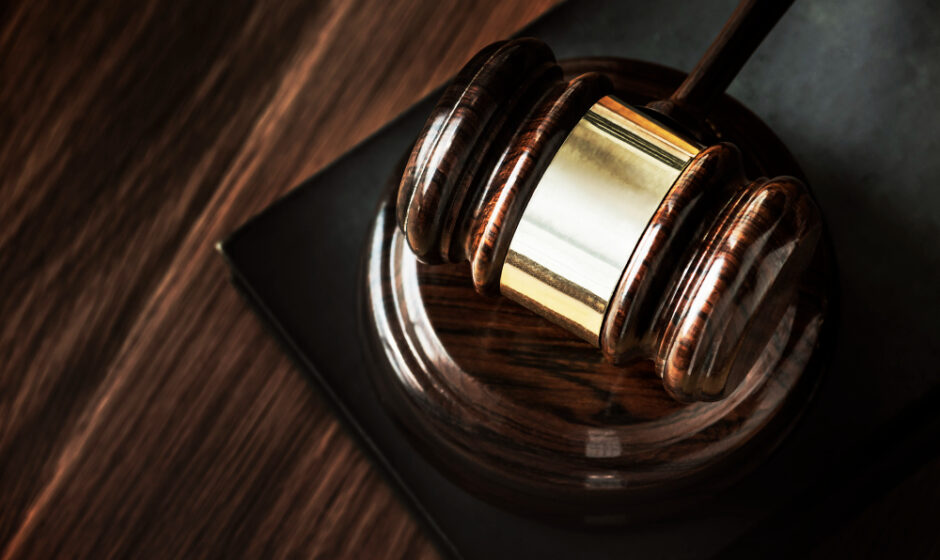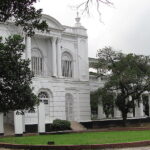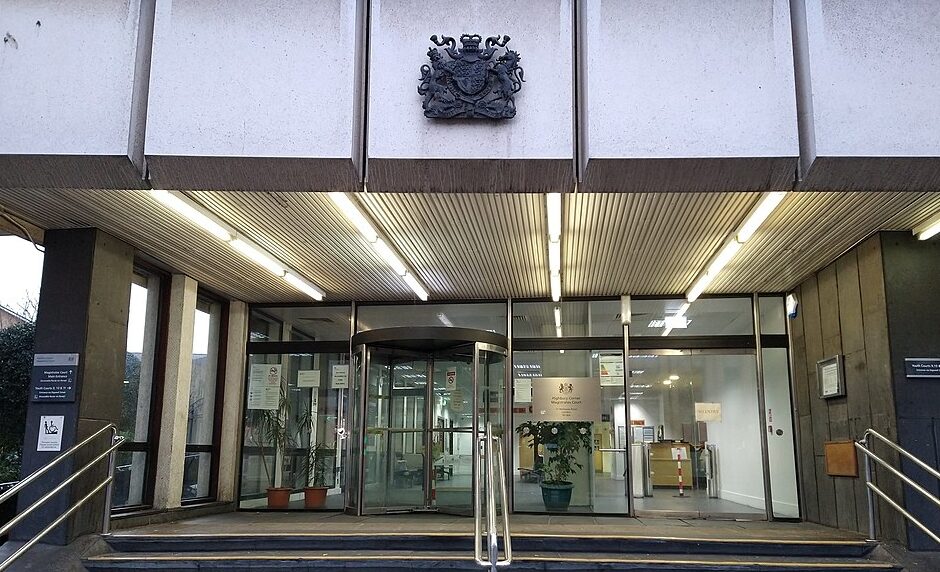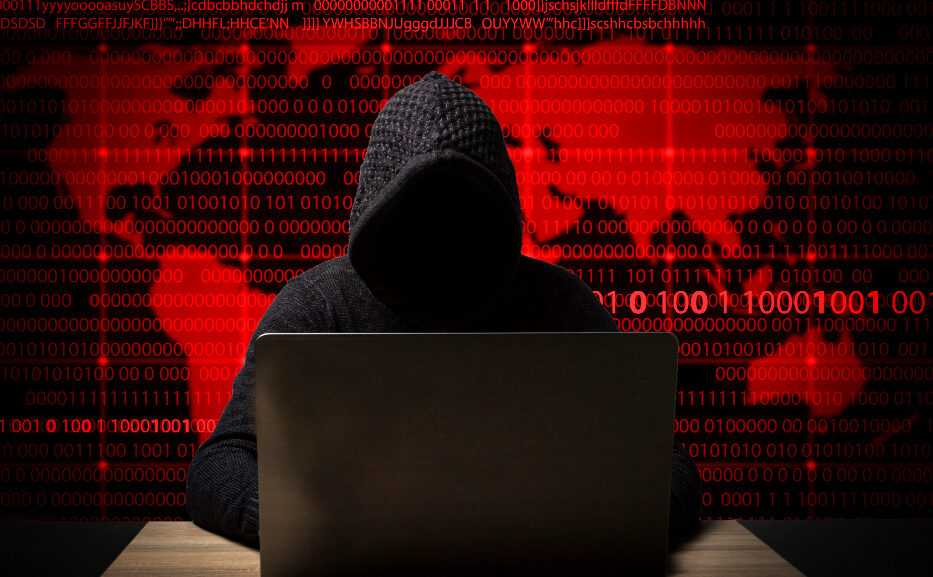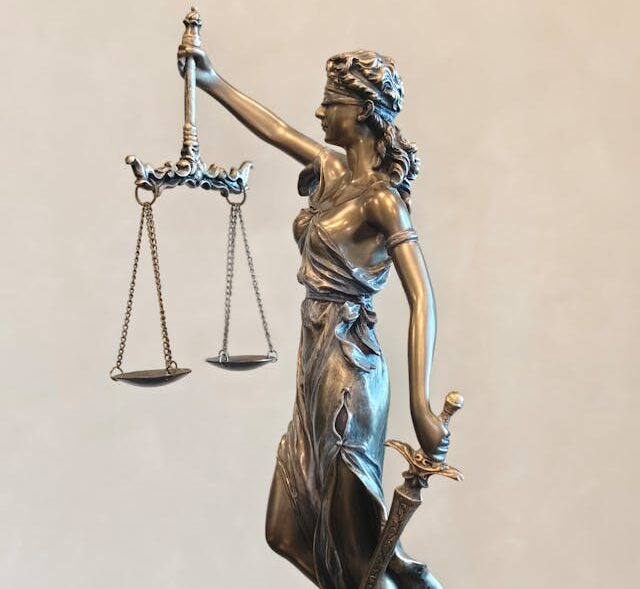Judges weigh whether nine newspapers unleashed a chilling breach—pro-Israel figures now living with fear
In a federal courtroom in Sydney on 25 June 2025, lawyers for Nine newspapers faced a dramatic challenge: accusations they defied a suppression order designed to shield pro‑Israel individuals involved in the notorious Antoinette Lattouf case.
The controversy began in early February when Justice Darryl Rangiah mandated that the identities of nine Jewish women—complainants who pressured the ABC to sack Lattouf—must remain confidential for a decade. The names were said to face threats and harassment, prompting the order to protect them.
By June 2025, Nine‑owned mastheads, including the Sydney Morning Herald, The Age and Pedestrian, were accused of breaching this order. At the heart of the issue: an article published on 3 February that referred readers to earlier January 2024 reporting exposing the campaign against Lattouf. That link, critics allege, effectively re‑revealed the suppressed identities.
Sue Chrysanthou SC, representing the nine women, told the court her clients had endured “death threats”. She argued the February article was deliberately referencing those earlier stories, and once alerted, Nine acted quickly to remove identifying details—“showing they understood the import of the orders,” she said.
Nine’s senior counsel Tom Blackburn SC countered ruthlessly. He stressed that three of the four contested articles had been published before the suppression order existed—hence, no contempt could arise. He asserted no one at Nine had access to the names covered by the suppression order. Without being told who must be protected, they couldn’t possibly be found in contempt.
Blackburn also emphasised that the registry had to determine whether there was clear evidence Nine knew exactly who was under suppression at the relevant times. “Any contempt prosecution is very probably doomed,” he said.
Embed from Getty ImagesChrysanthou insisted that Nine had been repeatedly contacted—more than half a dozen times—with warnings. Her letters, she said, referred explicitly to someone being described as “a male,” even though the suppression order identified nine Jewish women. Blackburn seized on this contradiction to question the clarity of the complaint.
The courtroom showdown quickly became a deadly legal dance: Nine’s lawyers asserting ignorance and timing, while lobbyists highlighted risk, references, and amendments. The hearing adjourned, with a final showdown set for 18 July.
The legal battle is deeply entangled with the broader saga: Justice Rangiah’s 185‑page ruling in late June, confirming that Lattouf was unlawfully dismissed by the ABC—after a panic‑stricken campaign by pro‑Israel lobbyists—and awarding her $70,000 in damages. That decision triggered heightened scrutiny and a court order designed to protect those same complainants.
The suppression order was born from concern: pro‑Israel individuals “faced a substantial risk” of harassment, including death threats. Now, with the media giants potentially on trial for contempt, what began as an attempt to suppress identities has spiralled into a test of legal responsibility and public safety.
As both sides prepare for the July hearing, media professionals, lobby groups, and civil‑liberty advocates watch closely. The outcome could set a dangerous precedent—defining when ignorance is acceptable, when linking past reporting becomes contempt, and whether a suppression order truly shields vulnerable individuals in an age of hyper‑connectivity and outrage.
